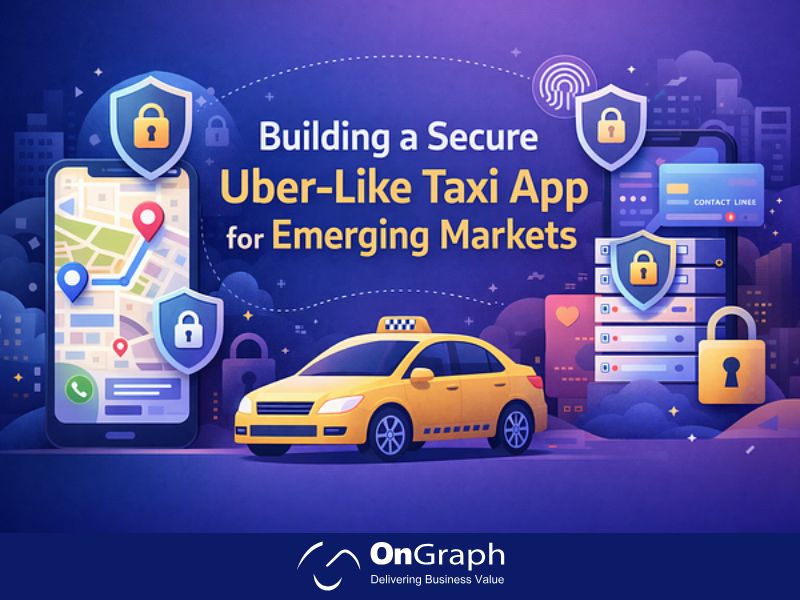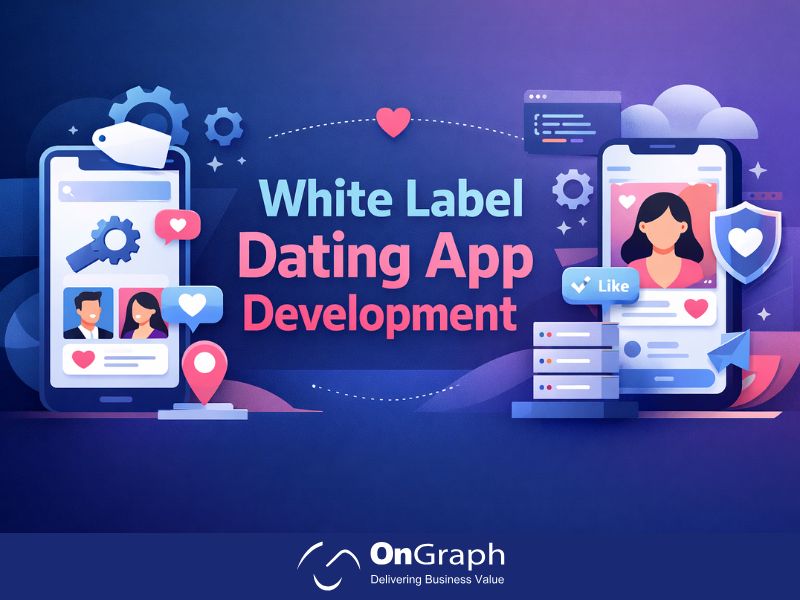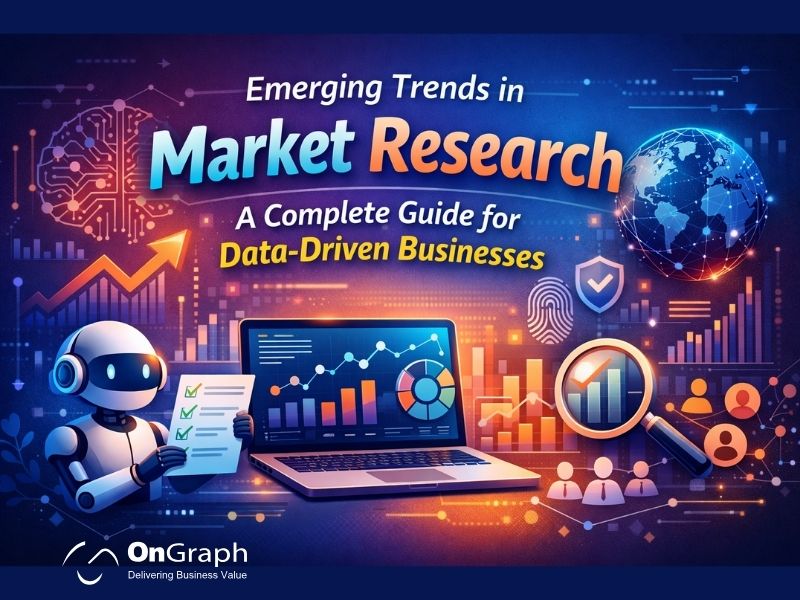In this article
Artificial Intelligence (AI) is revolutionizing industries across the globe, and one of the sectors undergoing a significant transformation is travel and tourism. From personalized recommendations to automated customer service, the integration of AI in travel and hospitality is enhancing the customer journey, optimizing operations, and redefining how companies interact with travelers.
In this blog, we explore the most impactful AI applications in the tourism industry, real-world use cases, and how artificial intelligence in tourism is shaping the future of travel.
What Is AI in the Travel and Tourism Industry?
AI in travel and tourism refers to the application of machine learning, natural language processing, predictive analytics, and automation technologies to streamline services, personalize experiences, and improve decision-making processes. Whether it’s through AI-powered chatbots or predictive pricing engines, artificial intelligence is adding a new layer of intelligence and efficiency to travel.
Key AI Applications in the Tourism Industry
1. Personalized Travel Recommendations
One of the most popular AI applications in tourism industry is personalization. AI analyzes past searches, booking behavior, customer preferences, and real-time context to recommend:
- Flights and hotels
- Travel destinations
- Restaurant reservations
- Activity suggestions
For instance, platforms like Expedia and Booking.com use AI algorithms to tailor search results and display personalized deals based on user behavior.
2. AI Chatbots for 24/7 Customer Support
AI chatbots have become a mainstay in the travel and hospitality sector. These bots handle inquiries ranging from booking confirmations to itinerary changes and FAQs. With NLP (Natural Language Processing), they understand and respond to traveler queries in multiple languages, providing instant support across time zones.
Popular travel companies like Skyscanner and KLM Royal Dutch Airlines use AI-driven chatbots on platforms like WhatsApp, Facebook Messenger, and their websites to offer seamless customer interaction.
3. Dynamic Pricing and Revenue Management
AI enables dynamic pricing by analyzing competitor pricing, seasonality, demand fluctuations, and user behavior. Airlines, hotels, and car rental services now use AI-based revenue management tools to optimize pricing in real time.
This AI use case in travel significantly boosts profitability while offering competitive pricing to customers.
4. Virtual Travel Assistants
With the integration of artificial intelligence in tourism, virtual assistants like Google Assistant, Siri, and Amazon Alexa are helping travelers with:
- Flight alerts
- Hotel bookings
- Directions and translation
- Local activity suggestions
These tools improve the pre-travel and in-destination experience by offering quick and relevant information.
5. Facial Recognition for Seamless Check-ins
AI-based facial recognition is being used in airports, hotels, and immigration to fast-track check-ins, enhance security, and reduce human error. Airlines like Delta and Emirates have already deployed facial recognition at boarding gates, eliminating the need for physical boarding passes.
In hotels, AI in tourism and hospitality is enabling facial check-ins, eliminating queues at front desks.
Real-World AI Use Cases in Travel
Let’s explore some real-world examples where AI use cases in travel are driving impactful outcomes:
- Hilton Hotels: Uses Connie, an AI-powered robot concierge that assists guests with directions and hotel information.
- TripActions: Uses AI to optimize travel itineraries and recommend cost-effective options.
- Amadeus: Applies AI to forecast travel demand and manage airline inventory more effectively.
- Airbnb: Uses machine learning for fraud detection and personalized property recommendations.
These examples show how artificial intelligence in travel industry is not just a buzzword but a tangible technology already enhancing operations and guest satisfaction.
Benefits of AI in the Travel and Tourism Industry
The integration of AI in the travel ecosystem brings numerous advantages:
1. Operational Efficiency
AI automates manual processes like data entry, customer queries, and route optimization. This allows human staff to focus on higher-value tasks and improves productivity.
2. Enhanced Customer Experience
With AI-driven personalization and 24/7 service, travelers receive quicker responses, tailored services, and seamless interactions that boost overall satisfaction.
3. Cost Reduction
By reducing reliance on human support staff and optimizing resource allocation, AI in travel and hospitality helps cut operational costs significantly.
4. Data-Driven Insights
AI tools provide powerful analytics on customer behavior, seasonal demand, and business performance, enabling smarter decisions and agile strategies.
Challenges in AI Adoption
Despite the many benefits, adopting AI in travel and tourism industry also comes with challenges:
- Data Privacy: Collecting and processing user data must comply with regulations like GDPR.
- Integration: Integrating AI with legacy systems can be complex and costly.
- Bias in Algorithms: AI models must be trained on diverse datasets to avoid biased recommendations or services.
- Cost of Implementation: AI tools, though cost-saving in the long run, require upfront investment in development and training.
Future Trends of AI in Tourism and Hospitality
As AI evolves, its applications in travel and hospitality will continue to expand:
- Voice-activated bookings via virtual assistants
- Emotion recognition in customer service bots
- Autonomous travel planning using generative AI
- Hyper-personalized travel packages using behavioral and contextual data
The future is bright for artificial intelligence in tourism, and companies that adopt AI early will gain a competitive edge.
Why Choose Us for AI-powered solutions?
At OnGraph Technologies, we work at the intersection of data, algorithms, and user experience to develop AI-powered solutions that solve real-world business challenges. With deep expertise in machine learning, natural language processing, and computer vision, our team helps companies across industries—including travel and hospitality—leverage artificial intelligence to drive automation, personalization, and operational efficiency. Whether it’s integrating AI into customer-facing platforms or building intelligent back-end systems, we prioritize scalable and practical outcomes.
Conclusion
AI is reshaping the future of the travel and tourism industry. From personalizing itineraries to automating customer support and optimizing prices, the impact of AI is profound and growing. As traveler expectations evolve, so must the technologies that serve them.
Whether you’re a travel startup or an established hospitality brand, now is the time to embrace AI in travel and hospitality to stay competitive, efficient, and customer-focused.
FAQs
Benefits include enhanced customer experience, 24/7 service, reduced costs, operational efficiency, and smarter decision-making.
AI can handle routine tasks but cannot fully replace the emotional intelligence and empathy of human travel agents for complex or luxury bookings.
Yes, with proper data protection and algorithm transparency, AI tools are safe and often improve security through automation and fraud detection.
Major companies like Booking.com, Skyscanner, Airbnb, and Hilton Hotels use AI for personalization, support, and optimization.
AI uses data from user behavior, preferences, and contextual signals to tailor content, itineraries, and recommendations to individual travelers.
No. With SaaS AI platforms and APIs, even small travel agencies and hotels can now adopt affordable AI tools.
About the Author
Let’s Create Something Great Together!
Latest Blog
















